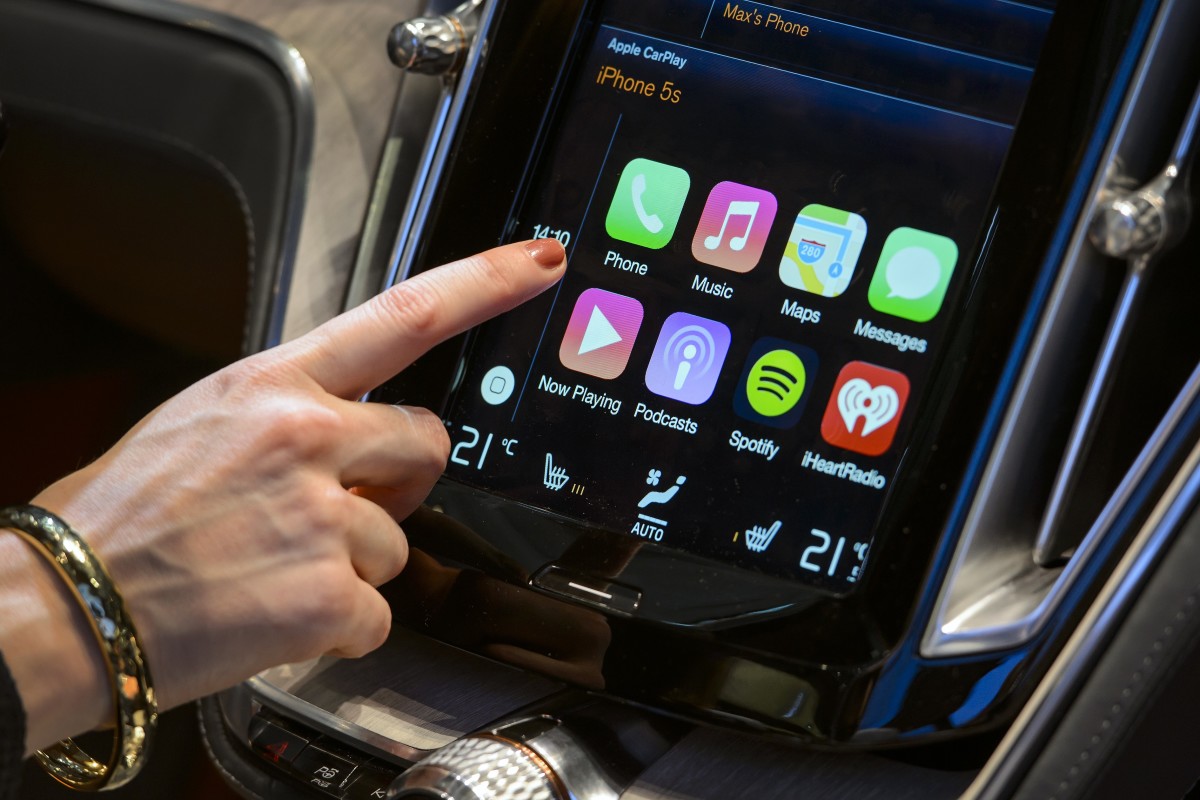
Auto insurance companies have found a quiet way to raise your insurance rates, and it's all embedded into the features of your car.
Usually when you either lease or finance a vehicle, you have the option to lower your car insurance rates in exchange for something precious; your personal information. This is done through apps that car insurance companies prompt users to download, which track your driving habits, in order to receive discounted monthly payments.
Related: A new federal rule is about to make car buying a lot less expensive
Every time you speed, brake or turn corners too harshly, it’s noted in the app. This is completely voluntary, but little do consumers know that internet-enabled features in your car such as navigation and car apps that connect to your vehicle can also secretly track your driving habits, according to a new report from The New York Times.
Not only that, but the data collected from your driving habits can also negatively affect your car insurance rates with your current or any future car insurance company you choose to sign up with, regardless if you get into a car accident or not. This is because the data on your driving habits is shared with data brokers such as LexisNexis and Verisk who sell the information to other car insurance companies who request to access it, according to the report from the Times.
Major automakers such as General Motors, Ford, Kia, Subaru, etc. have shared this data with data brokers who analyze and compile the information into a report that creates a “risk score” for car insurance companies that use it as a factor to determine insurance rates.
Driving habits isn’t the only data that can be collected and shared by automakers. Last year, a report by Mozilla made headlines when it revealed a 17-page list of the different types of information that cars can collect from users through in-car technology and features.

The list starts off normal but gets more disturbing toward the end when it is revealed that cars can collect information such as; facial geometric features, behavioral characteristics, biological characteristics, sex life or sexual orientation information, sexual activity, genetic data, religion or creed, philosophical beliefs, etc. What’s even more unsettling is that the data can be shared to third-parties other than data brokers such as advertisers, dealers and service providers for a profit.
Data collection from cars has recently gained attention from one lawmaker who is calling on the Federal Trade Commission to investigate how automakers collect data. U.S. Sen. Ed Markey wrote a letter to the FTC on Feb. 27 claiming that there are not enough limitations on the amount and type of data automakers can collect from users.
“I write to urge the Federal Trade Commission (FTC) to investigate the data privacy practices of auto manufacturers,” wrote Markey in the letter. “With new advances in vehicle technology and services, automakers have been vacuuming up huge amounts of data on drivers, passengers, and even individuals outside the vehicle. Based on public reporting and responses to my own inquiries into these practices, automakers face few, if any, limitations on the collection, use, and disclosure of this data. Consumers are often left in the dark.”
Many consumers are already weary about automakers collecting their personal data. According to a recent survey from insurance company The Zebra, 80% of Americans that were polled said that they did not trust how automakers handle their personal data, and only less than 20% said they would exchange their personal information if it was in an effort to make roads safer.
Related: Veteran fund manager picks favorite stocks for 2024







